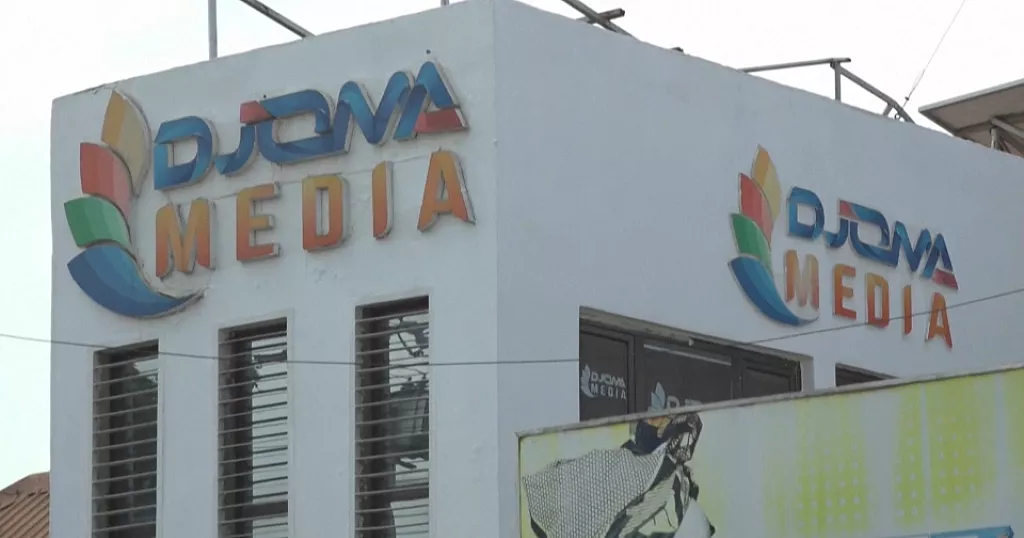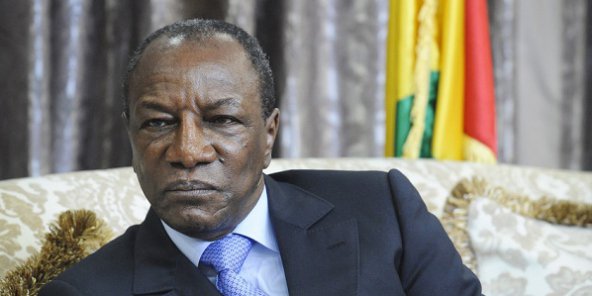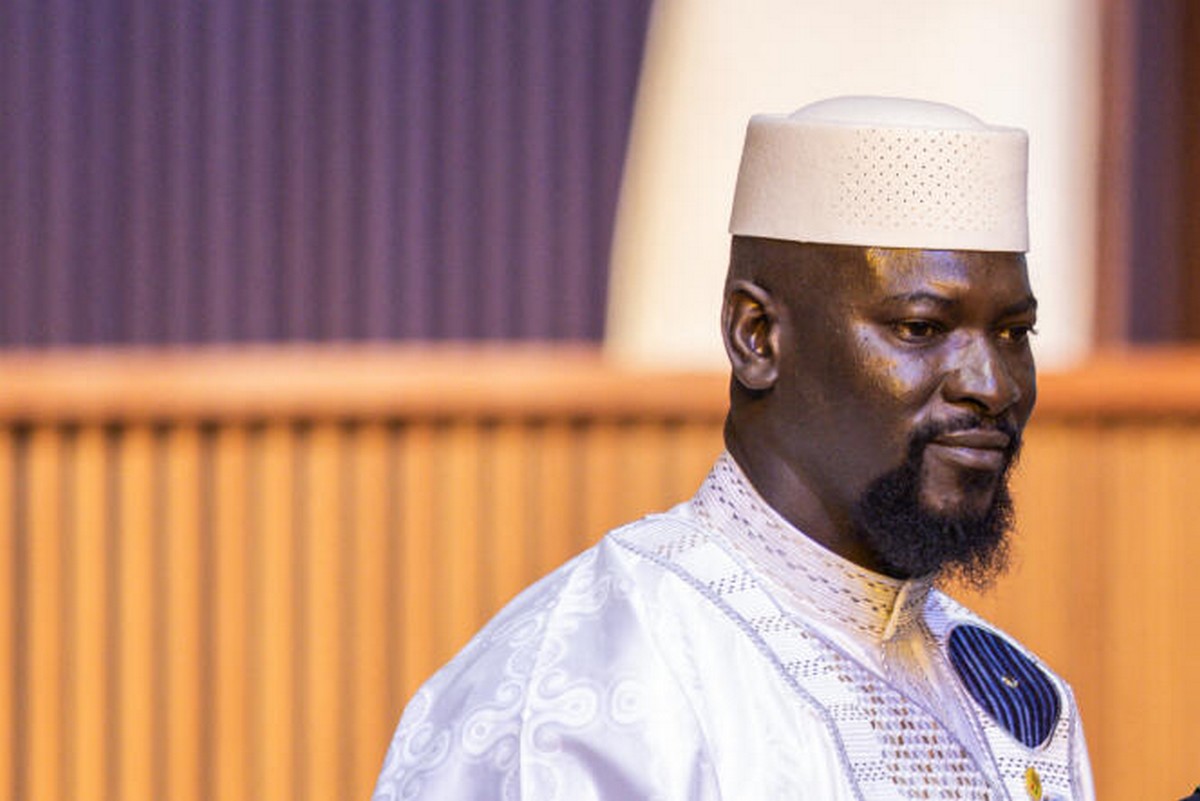Guinea’s junta on Saturday justified its banning of some major TV and radio stations by saying they were guilty of “frequent misconduct” and violating “human dignity.”
Guinea’s military junta-led government has imposed a ban on four major private radio stations and one private television channel.
In what is the latest in a string of restrictions imposed on the media, the ruling military government has withdrawn the operating license of radio stations FIM FM, Radio Espace FM, Sweet FM and Djoma FM, as well as Djoma TV, over a “failure to comply with the content of the specifications,” the ministry of information said last week.
“The misconduct was regularly monitored,” said a statement signed by government spokesman Ousmane Gaoual Diallo and published on Saturday.
The text said the stations violated “the obligation to respect human dignity and the demands of national unity and public order.”
The government said the licence withdrawals only affected a few of the country’s 88 radio 14 television stations.
The three media groups affected by the measures condemned “oppressive behavior” by the military in a joint statement received by AFP on Friday.
Media watchdog Reporters Without Borders (RSF) said “the repression of the media must stop,” adding that the Guinean authorities controlled by the junta, which seized power in the West African nation in 2021, had committed to “unblocking an already dramatic situation” for media outlets. Guinea is ranked 78th out of 180 countries in the watchdog’s 2024 press freedom ranking.
In a separate development, the country’s prosecutors demanded life imprisonment for former dictator Moussa Dadis Camara and six other military or government officials, who have been accused of responsibility in killing of 150 people and mass rape by Guinean forces during their crack-down on an opposition rally at a stadium in the capital Conakry in 2009.



